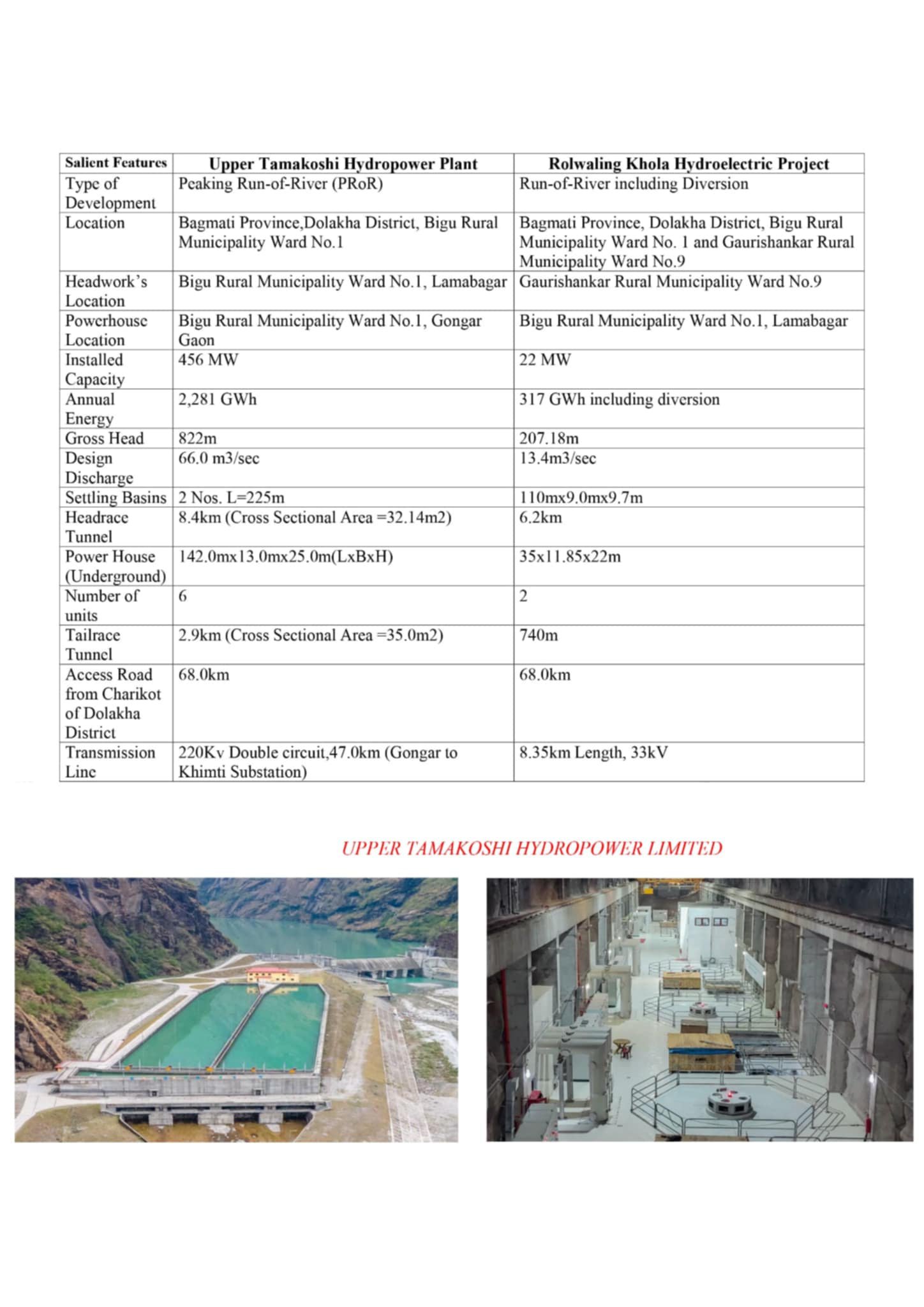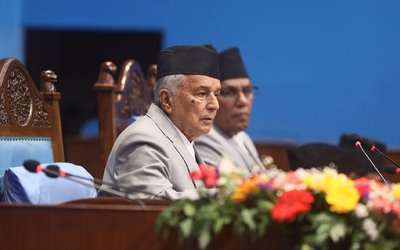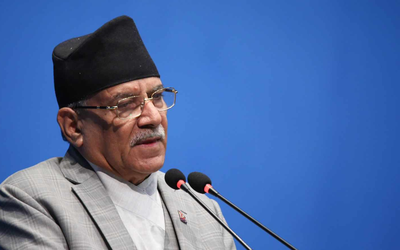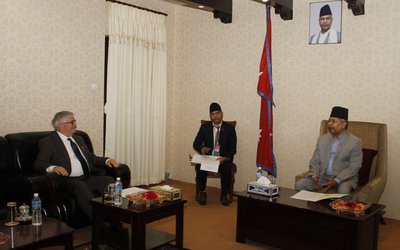The Sagarmatha Sambad represents the inaugural edition (May 16-18, 2025) of a high-level global dialogue dedicated to addressing climate change, the sustainability of mountain systems, and the future of humanity. Spearheaded by the Government of Nepal under the premiership of Hon’ble Prime Minister KP Sharma Oli, this initiative fosters multi-stakeholder engagement to devise actionable solutions for pressing climate change challenges and human sufferings. The Secretariat of the Sambad has extended invitations to high-level foreign government delegates, with confirmations indicating international participation. These leaders will contribute their insights and explore potential roles in mitigating climate change while advancing sustainable mountain development is a critical agenda for the future of humankind. Nepal’s leadership in convening the global dialogue underscores the urgency of climate action, not only for the Nepal but for the global community at large. The manifestations of climate change vary across regions, shaped by geographic and topographical differences, yet the collective threat demands unified strategies.
The dialogue serves as a pivotal platform to consolidate diverse perspectives, fostering consensus on critical issues such as glacial retreat, extreme weather events, and their cascading socio-economic impacts. For Nepal, the dialogue presents an opportunity to articulate its unique development challenges ranging from glacial melt and erratic monsoons to landslides, droughts, and declining agricultural productivity while advocating for international collaboration in resilience-building and sustainable adaptation. At its core, the Sagarmatha Sambad seeks to cultivate shared understanding, inclusive solutions, and robust global cooperation to safeguard vulnerable ecosystems and secure humanity’s future. High-level representatives from foreign governments, multilateral institutions, academia, and civil society will collaborate to forge actionable coalitions against these existential threats. Moreover, the forum highlights Nepal’s firsthand experiences with climate-induced disasters, amplifying the need for urgent, coordinated intervention.
The Escalating Socio Economic and Climate Crisis in Nepal
Nepal Disaster Report (2024) of the Ministry of Home Affairs highlights alarming disaster trends between 2018 – 2024 years, documenting 2,743 landslide incidents that resulted in 895 fatalities and NPR 796.9 million in asset losses. Provinces of Gandaki, Bagmati, and Karnali bore the highest human toll. Concurrently, windstorms, flash floods, and avalanches have amplified losses—a single 2019 windstorm caused 40 deaths and NPR 433.5 million in damages. The World Bank’s Nepal Climate Change and Development Report (2022), Nepal ranks 139th out of 182 nations in climate vulnerability, reflecting extreme exposure and limited adaptive capacity. Absurdly, the country contributes negligibly to global greenhouse gas (GHG) emissions, ranking 164th in per capita emissions. Yet, rising GHG levels intensify air pollution, exacerbating public health crises. Disasters including Nepal’s first recorded tornado (2019), the Melamchi flood (2021), the Mustang avalanche (2021), and the delayed monsoon of September 2024—demonstrate the escalating frequency and severity of climate-induced catastrophes. Projected temperature increases of 1°C by 2045 further amplify these risks. As part of the Himalayan-Karakoram-Hindu Kush (HKH) region—which holds the largest ice reserves outside the poles that Nepal faces existential threats from accelerated glacial retreat, increasing flood risks beyond normal precipitation variability.
Nepal’s socio-economic fragility is accentuated by its differential capacity to cope with climate hazards. Climate-induced disasters degrade critical assets such as agricultural land, livestock, and infrastructures (e/g. canals, dams and irrigation systems) undermine public health, inflicting direct economic losses while eroding human well-being and functional capabilities through diminished properties, income and consumption. The severity of these losses hinges on farmers' recovery capacity, which is contingent upon government-sponsored social safety nets, private support mechanisms, and access to formal or informal savings and credit. Wealth disparities further amplify these impacts: affluent households leverage risk-mitigation resources, whereas marginalized populations suffer disproportionate declines in their well-being. Consequently, climate shocks exacerbate socio-economic inequalities, reinforcing cycles of vulnerability.
While the program outline for Sambad appears well-structured, dedicated sessions are necessary to highlight Nepal’s evolving climate challenges and their cascading externalities ranging from melting glaciers to economic disruptions and unaddressed trade barriers and hegemonies. Given Nepal’s acute vulnerability, it is imperative to showcase high-impact climate events to a global audience, ensuring the nation’s pressing issues and unique adaptation experiences are neither overlooked nor underrepresented. Nepal can ill afford to miss the critical opportunities for international visibility and advocacy.
A Call for Global Solidarity
The Sagarmatha Sambad embodies a critical juncture for global climate diplomacy, uniting nations to confront shared vulnerabilities. Nepal’s stark realities underscore the imperative for immediate, collective action of balancing mitigation, adaptation, and sustainable development. By fostering inclusive partnerships and elevating marginalized voices, this dialogue can catalyze transformative policies of climate economy for preserving mountain systems and secure a resilient future for humanity. The time for decisive action is now. -----end here------
Laxman Neupane has a PhD in economics, associated with Baya Himalaya of a policy research and consulting, was research fellow of governance and sustainability science at the University of Basel, Switzerland.













